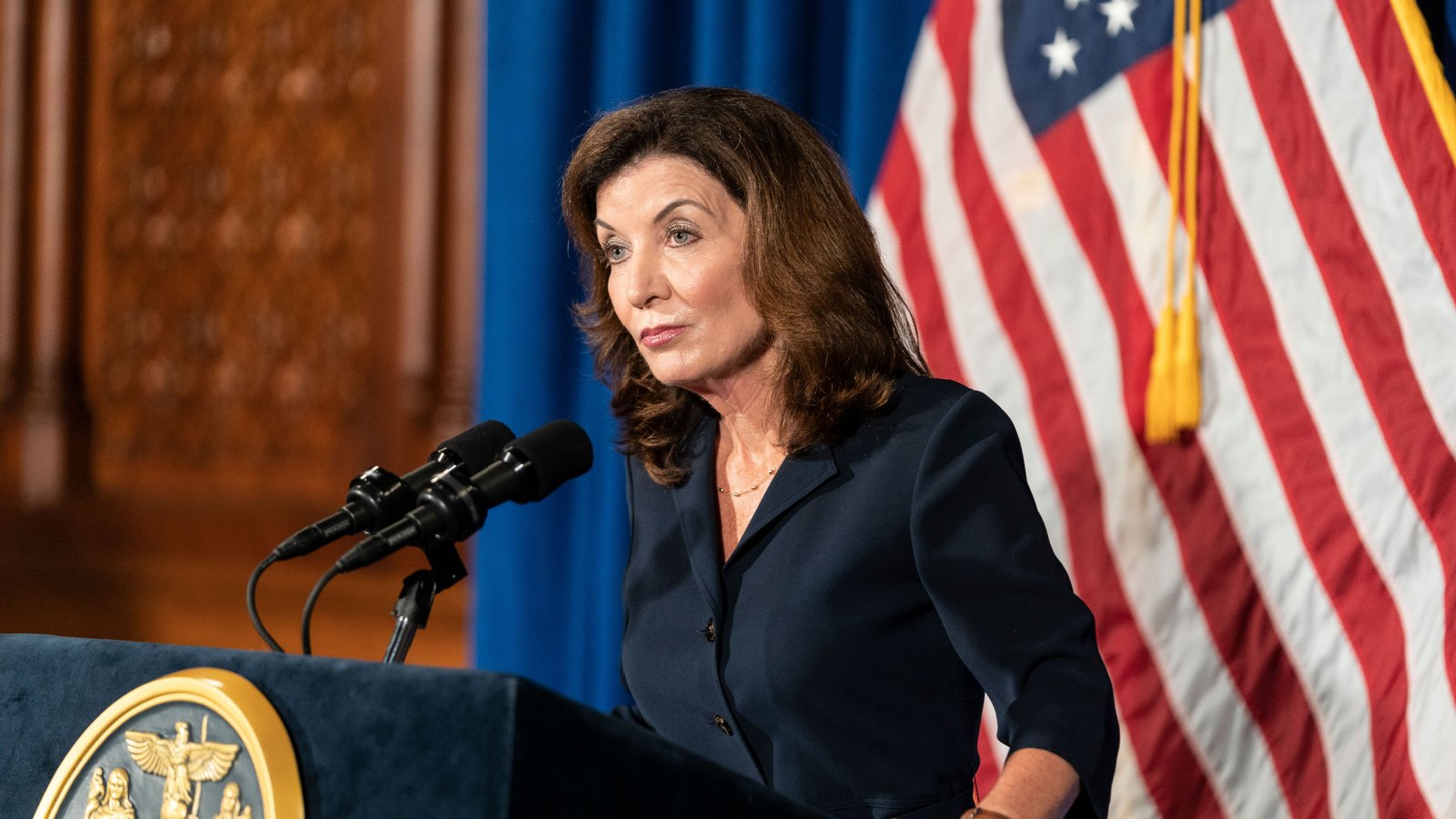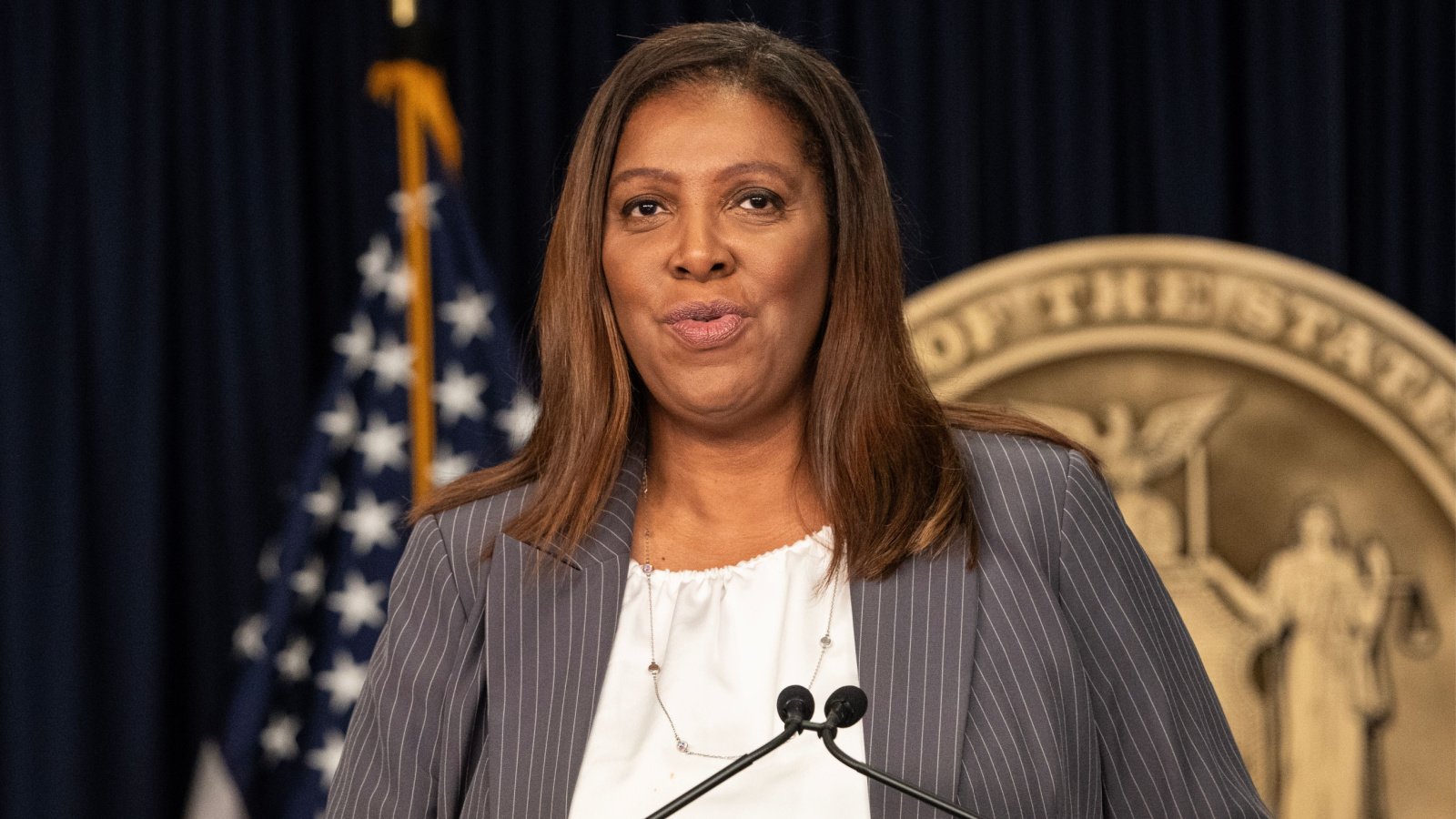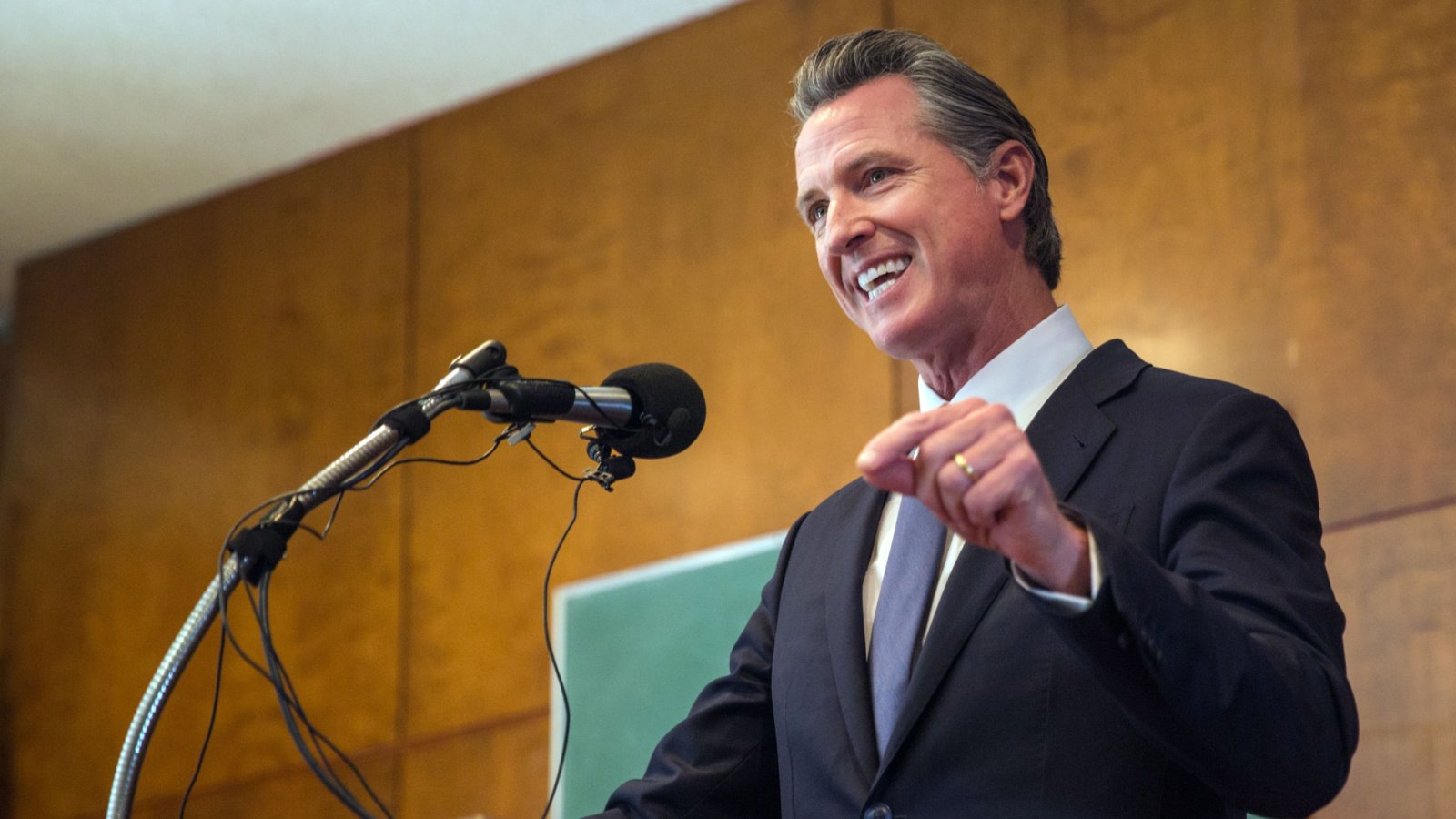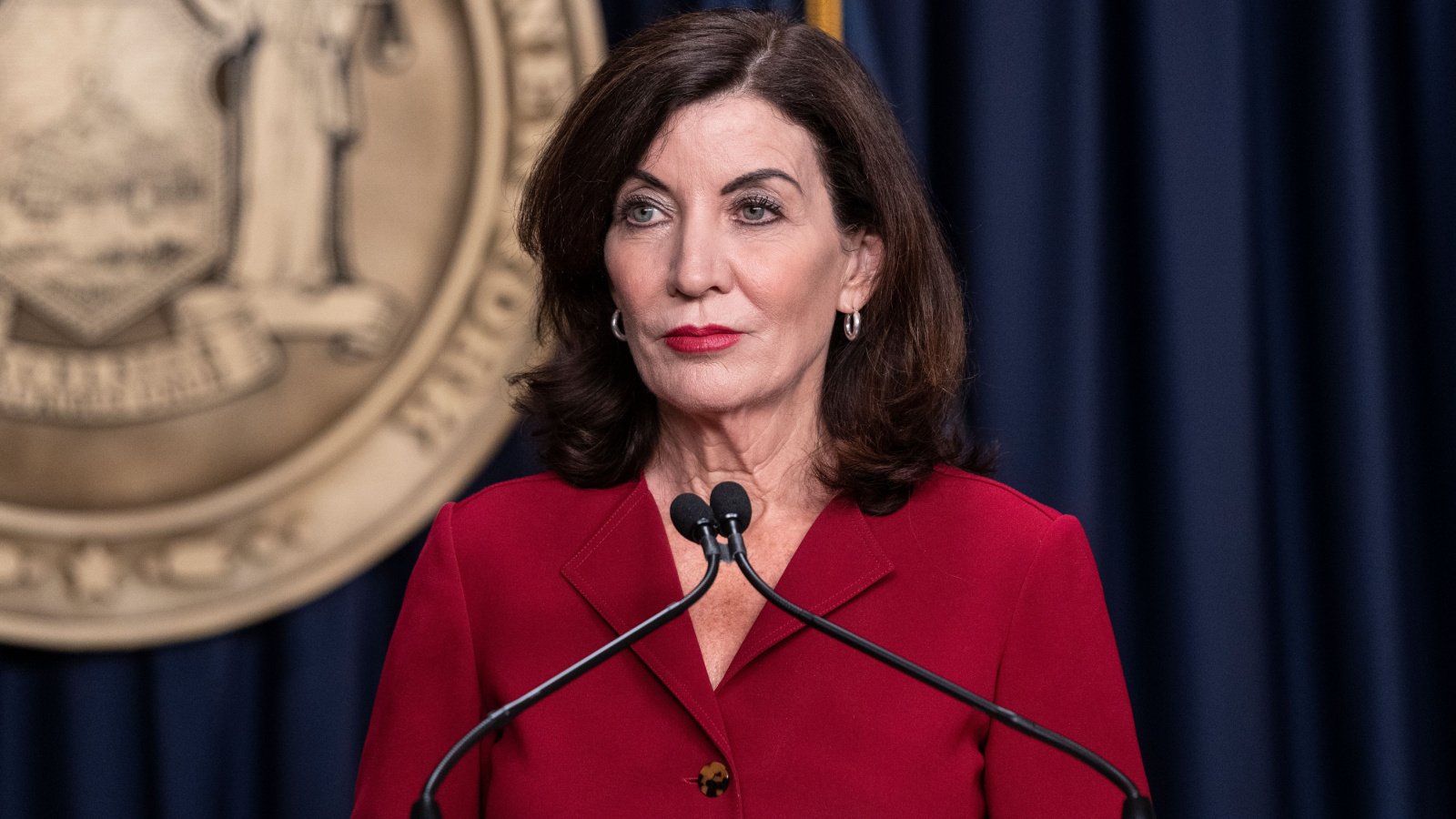A first-of-its-kind law up for consideration in New York would prevent social media platforms from targeting content to children through an algorithm without parental consent. The bill would also prohibit social media platforms from sending “notifications” overnight to minors without first gaining parental consent. A preliminary agreement has been reached among lawmakers, and the initiative will likely be approved this week.
Concerns About Algorithmic Feeds for Children

Activists have long been concerned that the algorithmic, automated feeds as applied to children would result in the children being targeted for violent and sexually explicit content.
Governor Hochul’s Support

New York Governor Kathy Hochul supports the measure. She states that the legislation is a necessary first step in reducing minors’ addiction to social media, which is a significant challenge facing the youth today.
Mental Health Implications

It has been documented that increased access to social media and addiction to technology has led to increased mental illness among youth.
Industry Challenges to the Proposal

Technology and media industry groups have challenged the proposal’s legality, stating that the prohibitions are unconstitutional. These groups favor instructing youth about the dangers of addiction to technology and teaching media literacy.
Blocking of Similar Regulations

These industry groups have been able to block similar regulations from going into effect in other states on the grounds of constitutional violations.
New York’s Unique Approach

While other states have made efforts to protect children from addiction to social media and access to malicious content, New York’s legislation is the first to target how content is delivered to minors. Other states, such as South Carolina and Minnesota, have considered similar proposals but were not approved in the legislature as of June 2024.
Florida’s Restrictive Measures

Another notable attempt to reduce the negative impact of social media addiction on minors is Florida’s law, signed in March, which prohibits minors under 14 years old from having social media accounts. In the Florida bill, parents cannot even consent to their child owning a social media account. This is one of the most restrictive approaches to regulating the use of technology in today’s youth.
Federal Legislative Efforts

Federal lawmakers in Congress are also interested in finding ways to resolve the technology crisis among the youth. However, efforts have been suspended in Congress as no specific policy emerged as agreeable and feasible for both parties, even after bipartisan efforts to question tech CEOs about the widespread problem this year. There is a political will to address the issue. The effort will probably be rekindled in a less charged political environment, potentially after the election or in the next Administration.
Governor Hochul’s Expectations for Federal Action

While Hochul is gratified that her state legislature wants to address the pressing issue, she does expect future action at the federal level. In an interview on National Public Radio, Hochul stated, “It does call for a federal response. I, as the leader of this state, cannot ignore the signs of distress and trauma among our young people. And it’s correlated to what is happening with these social media feeds.”
Legislative Strategies to Avoid Constitutional Issues

While mindful of the constitutional challenges being lobbied by industry groups, legislators in California and New York are hoping to circumvent constitutional issues by focusing on the algorithm and how content is funneled to minors rather than on singling out and banning any particular content.
Content Presentation Requirements

In the New York proposal, companies must present content in chronological order rather than an algorithmic decision to present the most compelling next image to minors on their social media feeds. This would constitute more organic than strategically targeted content for youth.
Industry Response to Algorithm Focus

According to industry groups, the focus on the algorithm versus the content itself still does not bypass the constitutional challenges, as they allege it restricts content organization.
NetChoice’s Legal Concerns

Technology group NetChoice states, “It is less unconstitutional. Unfortunately, when it comes to constitutionality, close does not count. You either are, or you aren’t. This legislation violates free speech protections granted to New York citizens.”
Enforcement and Legal Provisions

Earlier versions of the bill include provisions allowing parents to sue technology companies for violations of the law. This provision is not included in the current versions that are being circulated among lawmakers.
Role of New York Attorney General

The legislation would be enforced by New York Attorney General Letitia James, who has been a vocal advocate for it in the legislature. The Attorney General’s office would issue regulations governing how platforms would be required to determine whether a user was a minor.
Implementation Challenges

Technology groups are concerned about not running afoul of new provisions if and when they are enacted. Trade group Tech:NYC president Julie Samuels stated emphatically that their companies would need to be able to implement age-verification rules in an “effective, efficient, and workable” manner, which could be difficult to ensure. Said Samuels, “To get this right takes more than just legislation.”
Concerns About Court Challenges

The challenges in the courts are more concerning to lawmakers at this point than challenges from the other side of the aisle. California Democrat Nancy Skinner said, “Republicans and Democrats– we’re universally concerned about the impact of social media on our kids…we’ve had to go back to the drawing board and very carefully construct our legislation to try and anticipate how a court would react.”
California’s Legislative Experience

California lawmakers are well aware of the pitfalls of drafting legislation that is subsequently held up for constitutional concerns. In 2022, California passed a law requiring social media companies to study elements of their design that were likely to appeal to minors and do their due diligence in mitigating any harm that could come from those features before they hit the market. This bill passed by the California legislature has been on hold due to constitutional challenges raised by the technology groups.








